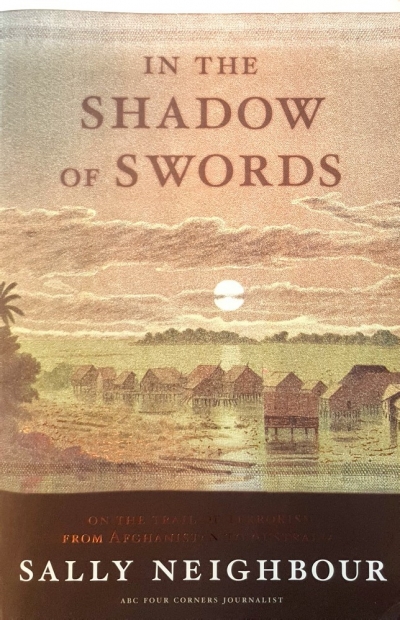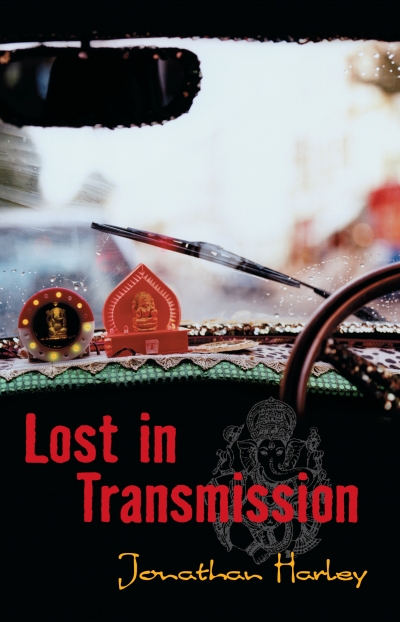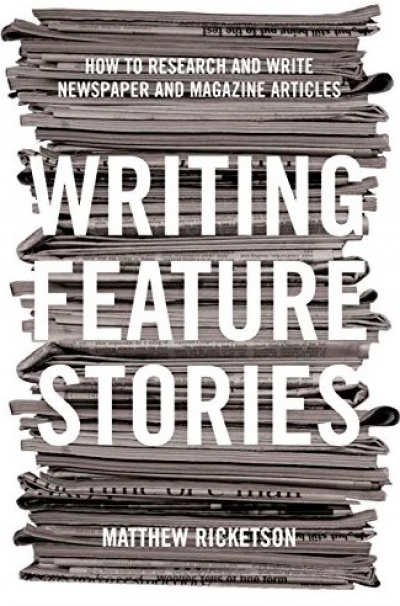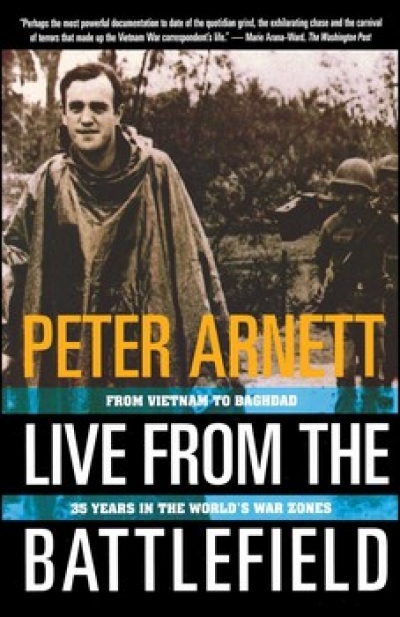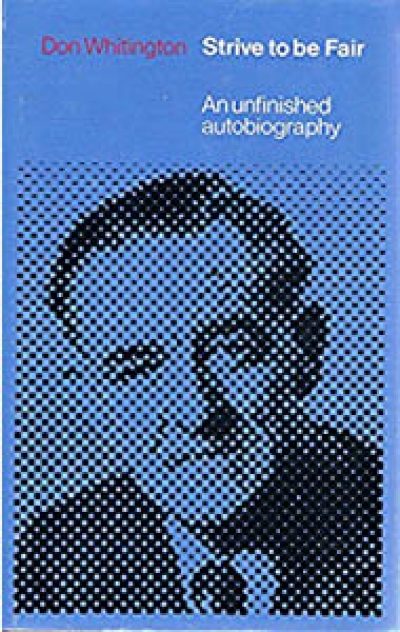Journalism
In the Shadow of Swords: On the trail of terror from Afghanistan to Australia by Sally Neighbour
by Vivienne Kelly •
Traveller's Tales edited by Trevor Bormann & Lost in Transmission by Jonathan Harley
by Morag Fraser •
Writing Feature Stories: How to research and write newspaper and magazine articles by Matthew Ricketson
by Joel Becker •
Confessions of an S&M Virgin by Linda Jaivin
by John Birmingham •
Live from the Battlefield: From Vietnam to Baghdad, 35 Years in the World's War Zone by Peter Arnett
by Jennifer Maiden •

